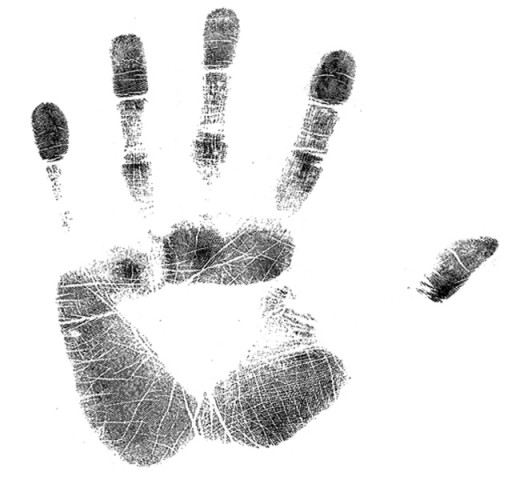Child labour: Chains of slavery
There are around 3.3 million working children in Pakistan, states 2009 International Labour Organisation report.

The thick-skinned Irshad has now been working at a blistering brick kiln near Tarnol area in the outskirts of the federal capital for the past six years, never once having enjoyed what many take for granted: freedom.
According to a 2009 report by the International Labour Organisation, there are around 3.3 million working children in Pakistan. Skeptics fear the number of children in labour or bonded labour could be much higher but no fresh surveys have been conducted to determine it.
Irshad did not mind working as a child, but he wanted to work for his own good, for the betterment of his family, a dream he still longs for. Almost everyone at the brick kiln has a life-story similar to his. “Child bonded labourer goes on to become a grown-up bonded labourer,” said Irshad while talking to The Express Tribune.
“It is difficult to break the shackles of slavery with the kind of system that we have in practice here. We are not given any reprieve from our debt despite our continuous hard work,” he lamented.
Irshad and his wife had to return more than a million rupees to the owner of the brick kiln who had bought ‘freedom’ for them from the landlord, only to make them his own slaves.
Now they are given a monthly salary of not more than Rs3,500 while the rest of their total salary of Rs6000 is deducted in debt payments. Freedom is hard to come by, and its pursuit might consume half of their lives.
“It is always difficult to survive in the meagre wages. Sometimes, when we need extra money we take loans from our owners, which adds to our burden,” said Irshad’s wife Khadija.
“But then we would never be able to pay him back on our own and they stop giving us after a certain limit. So we take money from other brick kiln owners, pay back the loans and change owners,” said Irshad.
Irshad said he always wanted to work in factories. He was looking for a deal where he would change owners, this time, with a factory rather than a landlord, and on his return he planned to pay back the debts.
He suggested his dream could be fulfilled only if the authorities would have implemented upon the legislation, already in place, to abolish bonded labour in Pakistan.
“I appeal to the government to take immediate steps to free my family from this permanent slavery. I want my children to go to schools,” Irashad said. His eldest son, Muhammad Javed, is six-year-old.
The labourers bonded at places like brick kilns and agricultural lands always remain caught up in a vicious cycle. The dilemma, however, remains that most of these workers become content with their lifestyles, losing hope of attaining the ‘impossible’.
Published in The Express Tribune, December 3rd, 2010.



















COMMENTS
Comments are moderated and generally will be posted if they are on-topic and not abusive.
For more information, please see our Comments FAQ